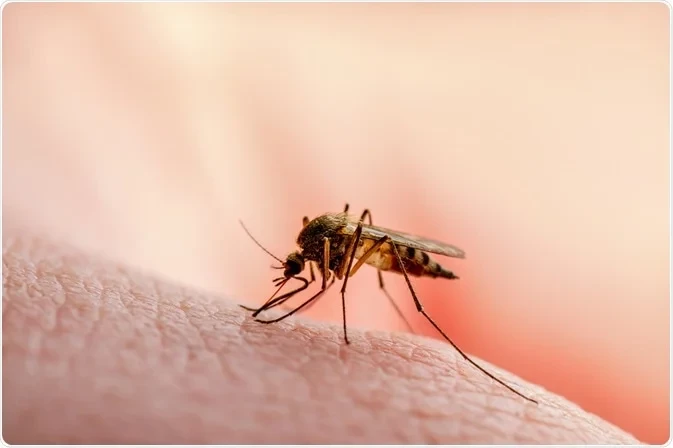
SMALL-scale farmers in Mashonaland West province have been urged to co-operate with health officials to combat malaria through a households spraying exercise due to start this month.
Hurungwe and Kariba are malaria hotspots in the province.
District medical officer Munyaradzi Wilbur Chidaushe made the call this week during a stakeholders meeting in Karoi.
‘‘We are appealing to our farmers to co-operate with our teams deployed for the spraying exercise this month. It will last until December. We have noted that spraying malaria saves lives and we want to have our farmers alive to keep feeding the nation,” he said.
‘‘We will use Dichloro-diphenyl-trichloethane (DDT) that had conflicts with the agriculture sector, mainly tobacco, but according to World Health Organisation (WHO) guidelines, we hope to overcome this through proper use, storage and disposal methods that are environmentally friendly,” he said.
The WHO recommended the use of DDT insecticide for indoor residual spraying (IRS).
DDT was banned for mostly tobacco due to its longevity in crops.
‘‘Let us engage each other to curb loss of lives due to malaria that is preventable. We need to reduce and eliminate malaria and make Hurungwe a malaria-free zone,’’ said Chidaushe.
- Malaria fight disrupted by COVID pandemic: WHO
- Malaria fight disrupted by COVID pandemic: WHO
- Zanu PF 'threatens' terror attacks
- Toxic smoke chokes Karoi residents
Keep Reading
Agricultural Research and Extension (Arex) district officer Joseph Nyagweta said extension officers deployed in every ward will help out in the exercise.
‘‘Arex is supporting the exercise through educating the farmers on the use of DDT in spraying to combat malaria. Ward-based extension officers will spread the word as part of community communication and participation,” he said.
Hurungwe rural has 26 wards and the programme will cover wards 6, 7, 8, 9, 13, 24 and 26 under IRS where DDT will be used.
The remaining 18 wards will be under the long lasting insecticidal nets.
Last year, IRS achieved 93% targeting households of 135 575 although such programmes target 95 % to be a success.
IRS helps control malaria as it kills the mosquito before malaria parasites can develop and reduces vectoral capacity.
- Follow us on Twitter @NewsDayZimbabwe









